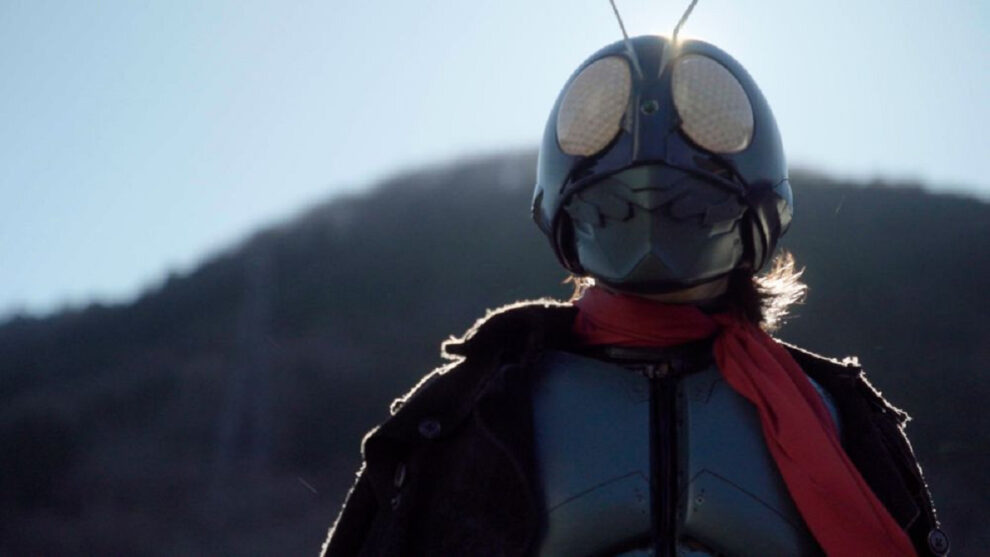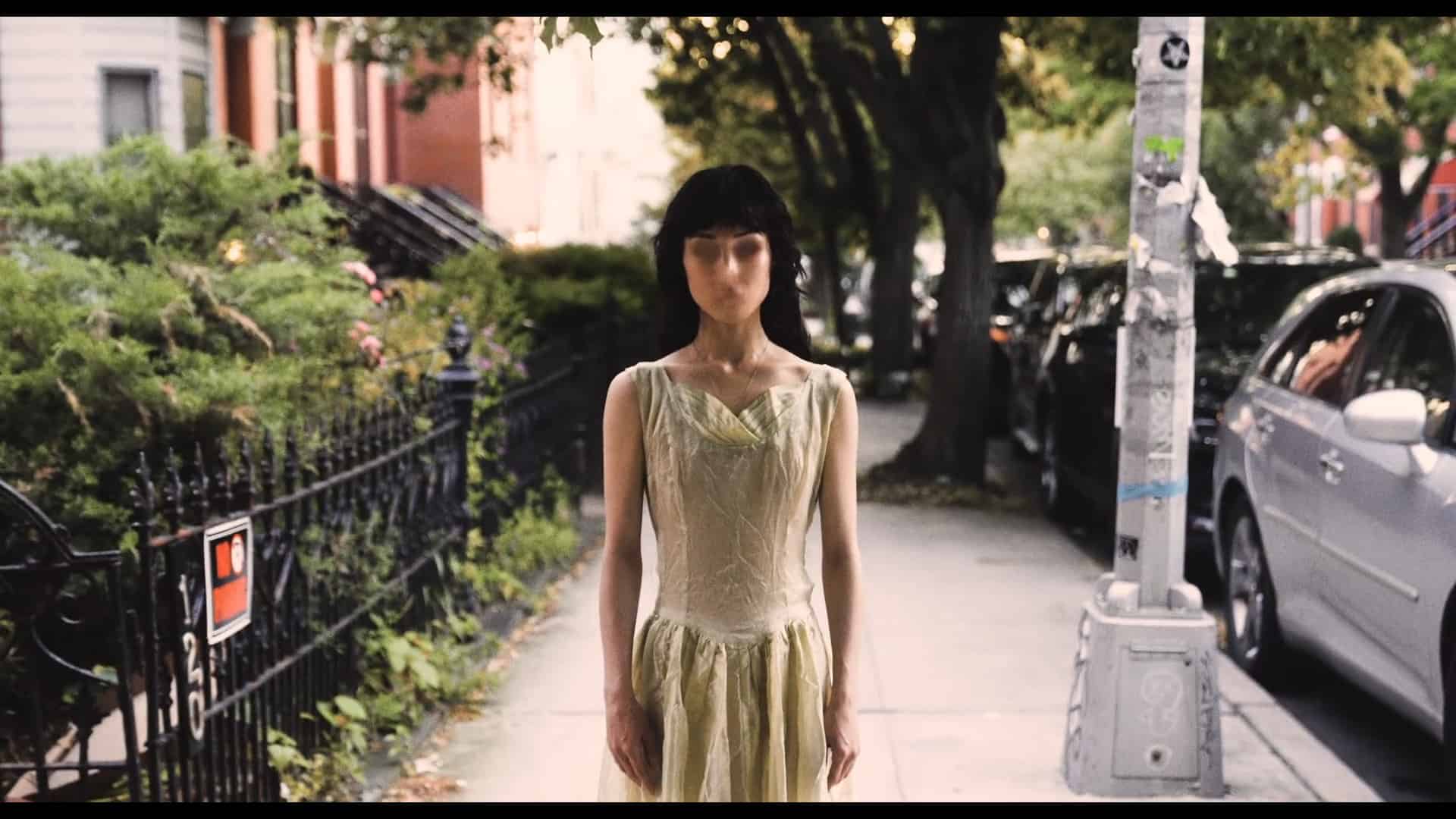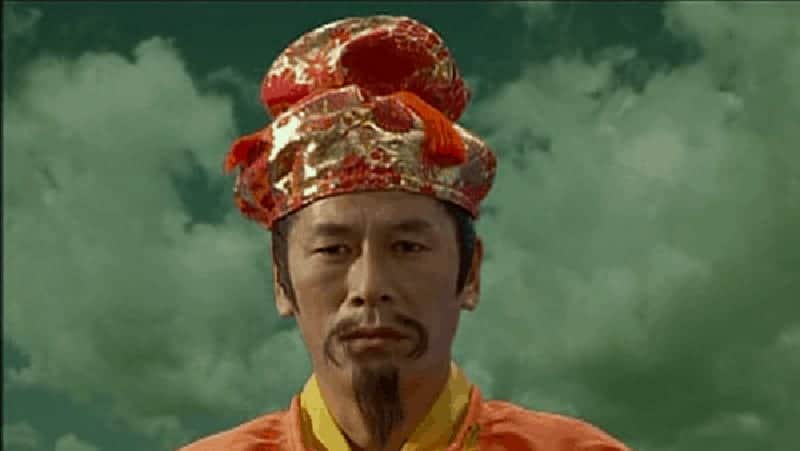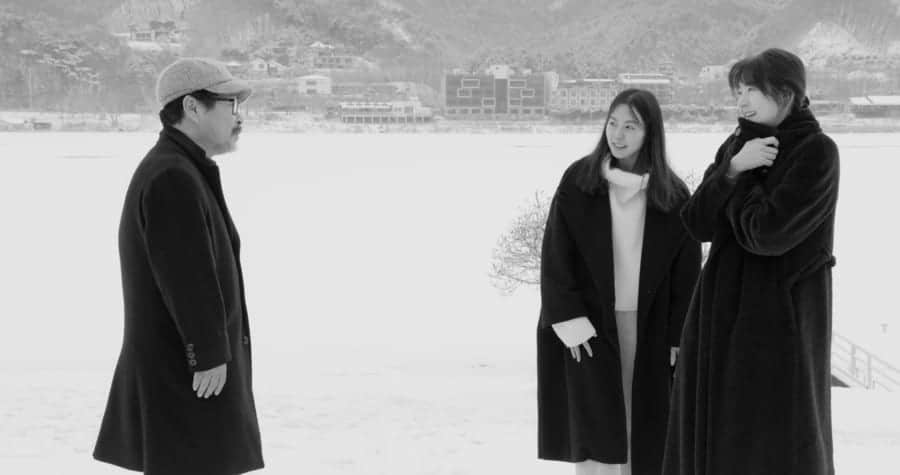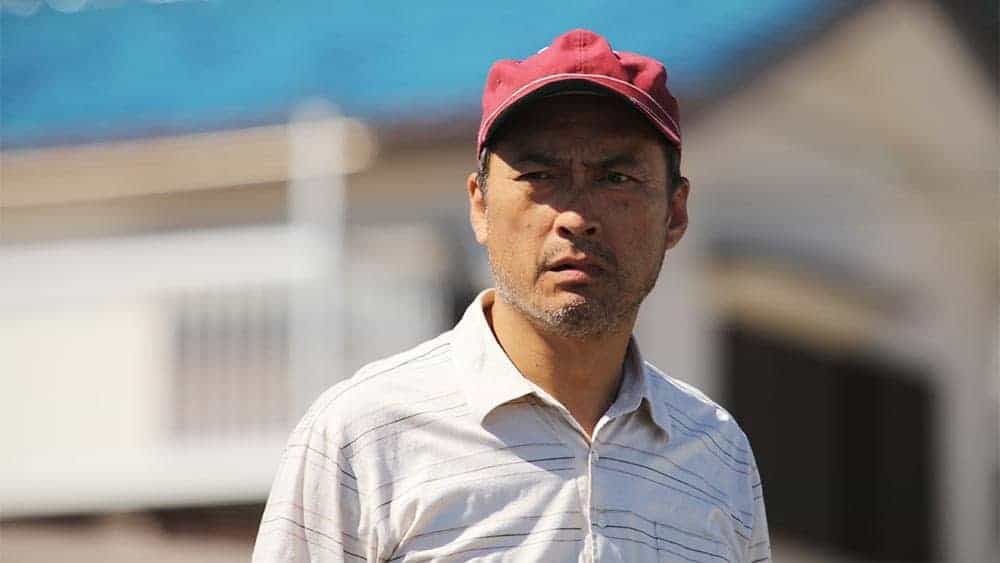When looking at some special effects-heavy films that have come out of Japan in recent years, the “Shin Japan Heroes Universe” has graced audiences with some of the more unique and higher-quality tokusatsu titles in a long time. In particular, the live-action movies from this ongoing collaborative series are more than just standard reboots of long-existing franchises. “Shin Godzilla” and “Shin Ultraman” were clever reimaginings that modernized their respective franchises while preserving the themes each one embodied. Hideaki Anno celebrates the legacy of yet another groundbreaking series for the latest installment of these reboots as he delivers a spectacular action-packed emotional rollercoaster of a feature with his new film “Shin Kamen Rider.”
“Shin Kamen Rider” is the 50th-anniversary celebration of the classic 1970s television series “Kamen Rider” and its manga counterpart of the same name, both created by legendary manga artist and writer Shotaro Ishinomori. This time, Anno directs solo in contrast to the collaborative directorial effort with Shinji Higuchi for “Shin Godzilla.” In addition to directing, Anno also wrote the screenplay for his latest project. Thematic and narrative elements of both the show and manga are implemented here, with some changes that present a new spin on the source material, including being set in the present day and having a larger budget to work with. The production was notably chaotic because it was made during the COVID-19 pandemic, along with Anno's perfectionist method of filmmaking, which recently has been the subject of criticism. Upon release in Japan, “Shin Kamen Rider” was initially met with a disappointing box-office performance. However, it would slowly gain momentum and eventually became the highest-grossing “Kamen Rider” movie in the franchise. Reception from critics and audiences was fairly mixed, though it would receive generally favorable praise internationally.
Check also this article
Storywise, a motorcyclist named Takeshi Hongo is kidnapped and experimented on by the Sustainable Happiness Organization with Computational Knowledge Embedded Remodeling (SHOCKER), an organization with the agenda of world domination and transforming people into agents known as Augments while also killing those who oppose them. Hongo is turned into a mutant cyborg with grasshopper attributes. However, he is saved by a woman named Ruriko Midorikawa and her father. After the latter of the two is killed, Hongo vows to use his newfound powers for good and calls himself “Kamen Rider.” He and Ruriko then work together to try and destroy the evil organization SHOCKER while also coming to terms with their emotional trauma throughout their journey.
There is a lot to unpack here. On the one hand, the movie is a lot of fun. It doesn't try to pretend that much of the feature's content isn't ridiculous, instead fully embracing both the absurdity and the fantastic. There are plenty of great action scenes that will certainly satisfy thrill-seekers looking for a cinematic adrenaline rush. In addition, like the previous two live-action “Shin” films, the movie is also quite funny at times, with some particularly hilarious dry humor in the dialogue exchanges. On the other end of the emotional spectrum, the somber elements of the film are brought into focus.
The movie is a dark and immersive drama with compelling characters. “Shin Kamen Rider” isn't just a superhero action flick. It is a tragedy, a story of people who have experienced pain, loss, and trauma as they try to grow while coping with that lingering sadness. It is just as much of a psychological character study as it is a piece of henshin hero entertainment. For every spectacular fight scene, plenty of sections of the movie let the audience breathe and take time to develop the characters, which grounds the narrative even with its high-concept science-fiction elements. It's also subtle with how information is gradually revealed, whether it be a character's backstory, foreshadowing elements appearing later in the movie, or dynamics that further complicate the battle against SHOCKER. These dramatic factors give this movie extra complexity, making it all the more engaging and greatly held together by superb directing and writing.
Longtime themes that make the “Kamen Rider” franchise special are present here, such as individuality, self-improvement, compassion, and resisting corruption. Like past entries, the film also draws major influences from real history, such as the human experimentation component of the story being a metaphor for some of the atrocities committed by the Nazis and the Imperial Japanese Army during World War II; the inhumane experiments conducted at Unit 731 immediately come to mind. In addition, there are eerie parallels to more recent history. On top of being a symbolic parallel to Nazism, the presentation and execution of SHOCKER are disturbingly reminiscent of real-life cults and terrorist organizations, such as the notorious doomsday cult Aum Shinrikyo that carried out the Tokyo subway sarin attack in 1995.
Whether it be when it embraces full-on ridiculousness or takes a pause for more dramatic moments, “Shin Kamen Rider” is a well-acted film. Sosuke Ikematsu stars as Takeshi Hongo and continues to showcase his impressive range as an actor, nailing Hongo's emotional turmoil while coming to terms with his new radical existence as Kamen Rider. Minami Hamabe shines as Ruriko Midorikawa, who initially comes off as cold and distant yet slowly reveals more of her vulnerable self as the story progresses, making for some of the most emotional parts of the movie. In a nice contrast to Ikematsu's more serious nature, Tasuku Emoto brings a lot of charm to his role as the second Kamen Rider introduced later in the film, Hayato Ichimonji, making for an appealing Yin and Yang dynamic. The antagonists of the picture are a nice mix of delightfully over-the-top to more seriously played threats, with actors like Toru Tezuka and Masami Nagasawa enjoyably hamming it up. In contrast, others like Mirai Moriyama and Nanase Nishino bring more dramatic weight to their villainous roles. Audiences will also surely enjoy the presence of other notable actors to appear, like Shinya Tsukamoto, Yutaka Takenouchi, and Takumi Saitoh.
Check also this article
Even with a budget significantly smaller than many international superhero flicks, “Shin Kamen Rider” is impressive from a production standpoint. For starters, the cinematography by Osamu Ichikawa and Keizo Suzuki is gorgeous. Many of the effective quiet moments of the movie are primarily as enriching as they are because of the camerawork that greatly emphasizes the characters' emotions. The action sequences are spectacular, with a great display of phenomenal fight choreography, delivering a balance of over-the-top superhero antics and blood-soaked brutality. Amusingly incorporated are the stylized scene transitions from one location to another, a common occurrence in the original series, adding a delightful charm to the feature. There is also quite a bit of CGI used in the film. While not perfect, even looking downright cartoony at points, it is used in a stylized fashion that is still surprisingly visually appealing; some of it is rather subtle for some of the transformation moments that look entirely like make-up effects. Adding to the visual appeal are some excellent costumes. The highlight is the movie's depiction of the “Masked Rider No. 1” suit, greatly capturing the feel of the original design while having a modern aesthetic to it as well. Lastly, the music score by Taku Iwasaki is marvelous, with wonderful renditions of classic themes from the original television series and new original music composed for the movie.
From beginning to end, “Shin Kamen Rider” is a great time. It balances being a fun and wildly entertaining superhero flick with delivering a storyline with memorable characters and powerful themes. Hideaki Anno's love and admiration for the original are absolutely on full display as he and his team sought to leave their mark on the franchise's history. The final result is an excellent film.


